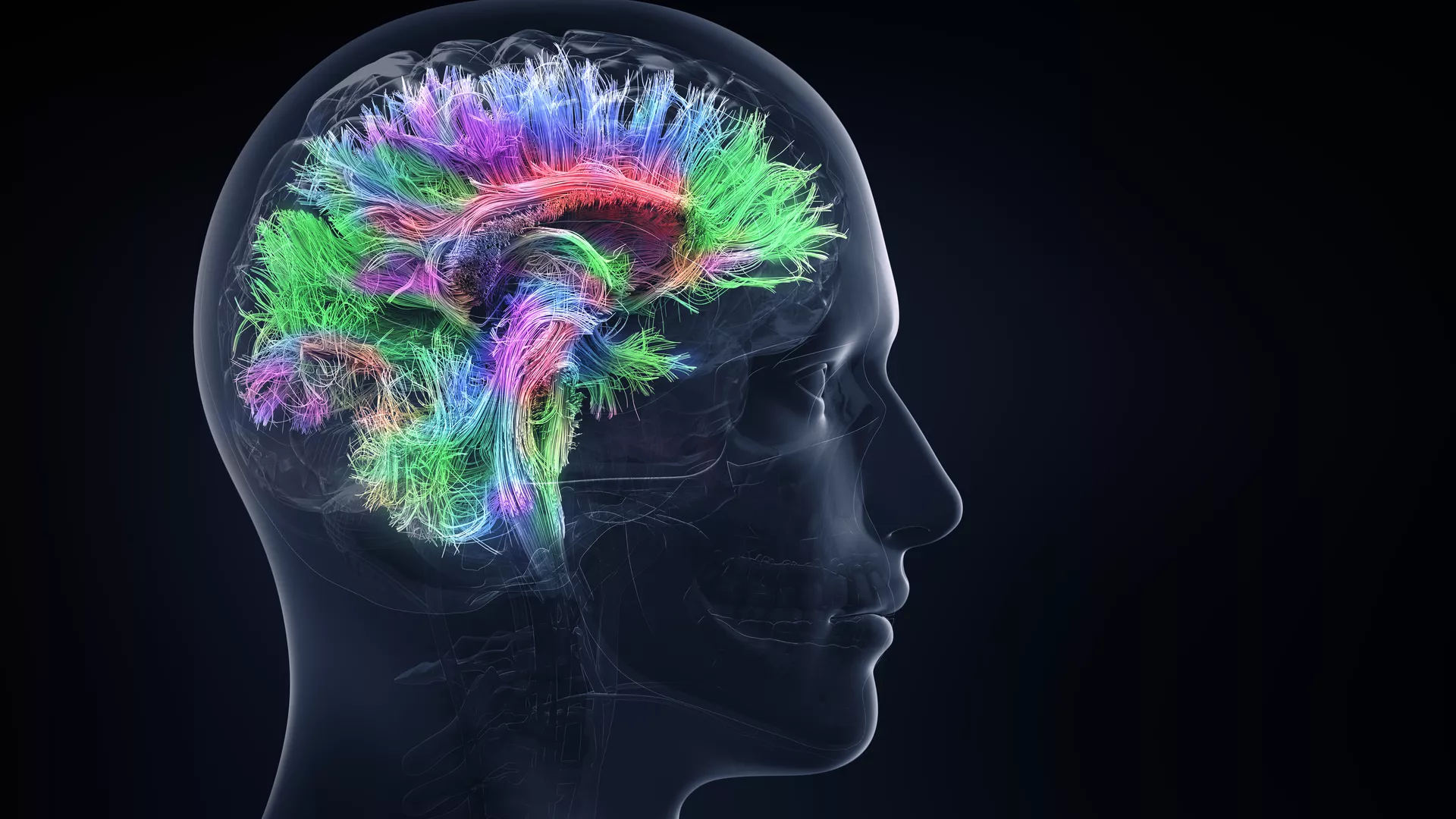A recent study published in Frontiers in Psychiatry examined cognitive control in patients with Generalized Anxiety Disorder (GAD), highlighting notable deficits compared to healthy individuals. The research involved 50 GAD patients and 50 controls, focusing on their performance in tasks designed to assess affective inhibition and affective shifting.
The study utilized the affective flanker task to measure how well participants could inhibit responses to emotional distractions. Results showed that GAD patients struggled with proactive control, which is essential for processing target stimuli effectively. Instead, they relied more on reactive control to resolve distractions, indicating a shift in their cognitive processing styles.
Additionally, the study evaluated affective shifting through a specific task that measured the ability to switch attention between different emotional cues. GAD patients exhibited significantly higher shifting costs, which means they faced greater challenges in adjusting their focus, whether in tasks involving emotional or neutral stimuli.
These findings suggest that individuals with GAD not only have difficulty recognizing emotions but also possess impaired cognitive control in emotional contexts. This impairment may contribute to the persistent anxiety symptoms experienced by these patients.
The researchers emphasized the need for further investigation into the distinct components of affective control to better understand the cognitive challenges faced by those with anxiety disorders. By identifying specific deficits in cognitive control, targeted interventions can be developed to assist GAD patients in managing their symptoms more effectively.



